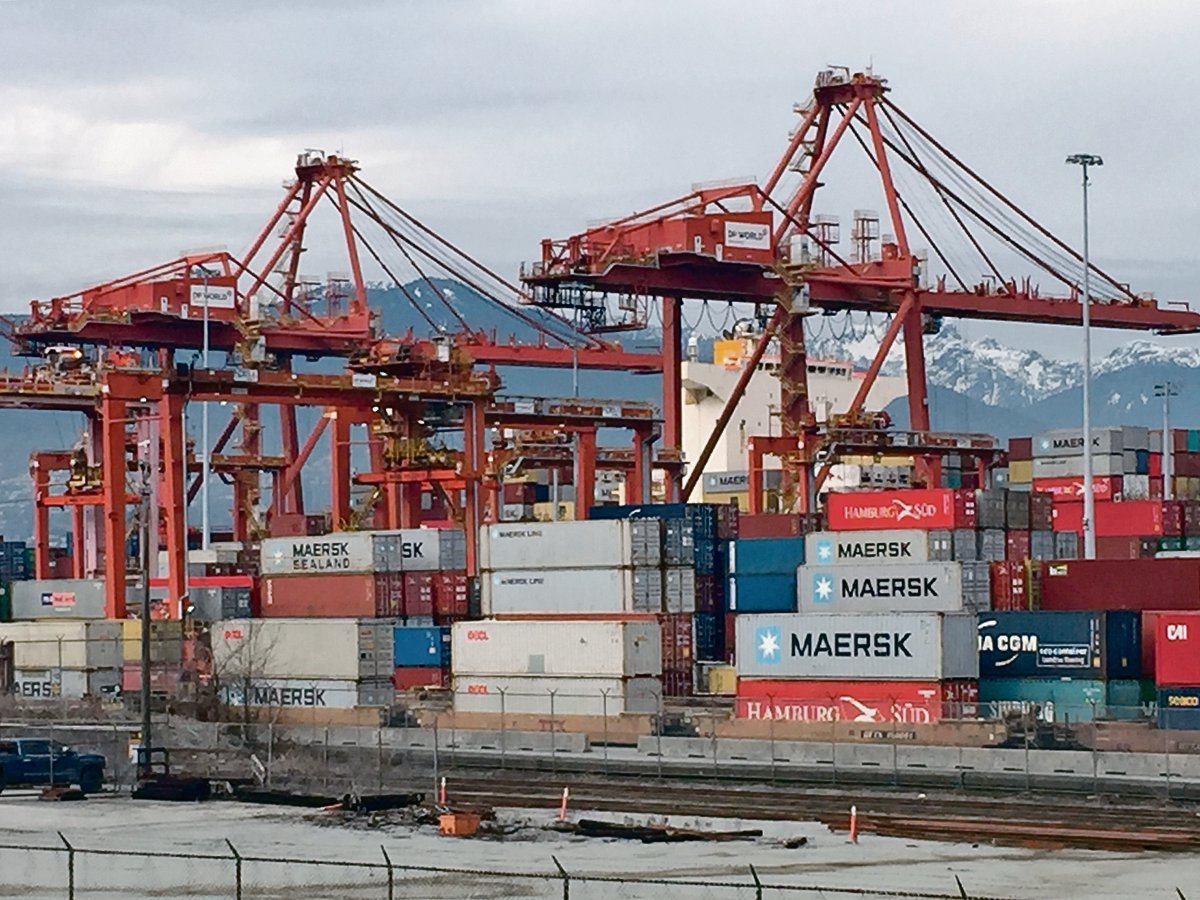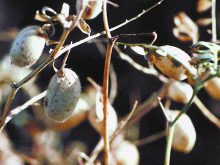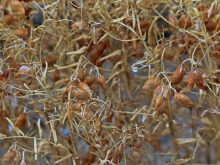Despite a tariff that has raised the price of corn, it’s business as usual for the Seagram distillery in Gimli, Man., according to a company spokesperson.
The Seagram plant buys corn from Manitoba farmers and imports corn from the United States to make whisky.
Since Nov. 7, that corn has been more expensive.
That’s when the Canada Customs and Revenue Agency started collecting $1.58 (US) on every bushel of corn moving north across the border.
Overnight, the value of imported corn in southern Manitoba leapt to $5 (Cdn) per bu. from a range of $2.50 to $2.60 a bu.
Read Also

Message to provincial agriculture ministers: focus on international trade
International trade stakeholders said securing markets in the face of increasing protectionism should be the key priority for Canada’s agriculture ministers.
Cash prices for locally grown grain corn have increased somewhat, but reflect prices for alternative feed wheat and feed barley rather than the cost of the imported corn.
But unlike livestock producers, the Gimli plant can’t switch to alternative grains.
Jennifer Crowl, a Seagram spokesperson from New York, said the tariff has not changed the plant’s operations. She would not say whether the company is still importing corn or buying exclusively from local farmers.
“All we have to really say about (the tariff) at this time is, like many other companies, we’re assessing the situation, and I don’t have any other details about what will happen at this time,” said Crowl.
“We may (have details) down the road.”
When asked whether Seagram would ask the Canadian government for relief from the corn duty, Crowl said the company was investigating its options. She declined to elaborate on what those may be.
Mike Coates, vice-president of the Manitoba Corn Growers Association, said he thinks the higher-priced corn will increase the plant’s costs only slightly.
A small percentage of the price of a bottle of spirits is for the grain used to make the alcohol, said Coates, a farmer from Carman, Man.
He helped the association launch a trade complaint against U.S. corn exports last summer, prompting the duty. Coates said the group considered the impact the trade complaint would have on the plant before lodging it. But Coates said the group was more worried about the impact of the complaint on livestock producers.
The corn growers first started looking at the idea of lodging a complaint in 1998. But they held off because livestock prices were poor, said Coates, and they didn’t want to increase farmers’ feed costs.
The Seagram plant is an important market for Manitoba corn growers, said Coates, although not as important as local feed markets.
The plant is thought to buy about 2.5 million bushels of corn per year, importing more than half from the U.S.
Manitoba corn growers produce 10 to 12 million bushels per year. Until the duty, another 17 million bu. of U.S. corn crossed the border, primarily for feed mills and livestock producers.
Some Manitoba corn growers contracted with Seagram earlier at premium prices earlier in the year, said Coates, in anticipation of the duty and higher corn costs.














